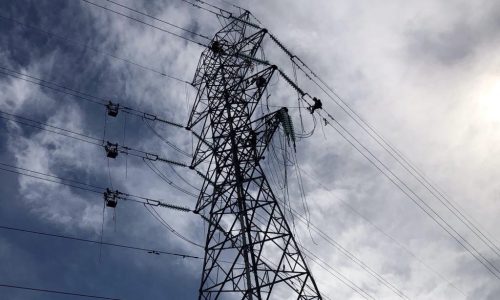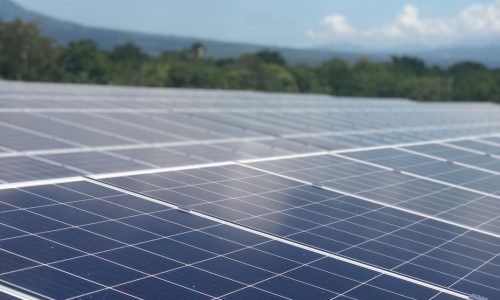The subsidiary of the state-owned oil-and-gas giant PT Pertamina opens opportunities for G20 countries to invest in Indonesia in the sustainable energy sector to accelerate energy transition. The company’s subsidiary PT Pertamina Geothermal Energy (PGE) offered potential investors to increase geothermal capacity in North Sulawesi.
PGE was founded in 2006 in the geothermal power sector and produces steam and electricity. PGE is a subsidiary or sub-holding of Pertamina Power & New Renewable Energy (PNRE) which explores, exploits and produces geothermal energy. The company has 15 workplaces in Indonesia as of 2020. By 2022, the ownership consists of 92.0194% of PT Pertamina Power Indonesia and 7.9806% of PT Pertamina Pedeve Indonesia.
PGE: Geothermal opportunities for G20 countries
“PGE invites G20 member countries to work together in developing geothermal energy in Indonesia as a solution in dealing with major issues such as global warming and decarbonization towards a net zero emission 2060,” PGE President Director Ahmad Yuniarto said during the G20 Sustainable Finance For Climate Action event in Nusa Dua, Bali, on July 18, 2022.
He added that the company would soon create its five-year roadmap of capacity development for the renewable energy load in Indonesia.
Yuniarto said that there are three types of partnership that can be offered namely Co-generation, Co-production and Co-development. “And there are four areas that can be done together, such as: the use of CO2 for alternative fuels; the extraction of nanomaterials by utilizing valuable content in geothermal fluids; the green hydrogen as a future fuel and green methanol; There is also this development that can be built, the Geo-eco-tourism and Geo-agro industry,” he added.
PGE is currently trying to initiate increasing geothermal energy through the construction of a Binary Unit in Tomohon, North Sulawesi, which produces 25MW (megaWatts).
Challenges for geothermal renewable energy in Indonesia
According to the Ministry of Energy and Mineral Resources (ESDM), Indonesia has 23.7GW (gigaWatts) of geothermal reserves. PGE is committed to ensuring that the implementation of the Environment, Social and Governance (ESG) runs smoothly.
However, obstacles remain, as quoted from money.kompas.com, the challenge for renewable energy power plants is on the economic side, which is considered to be more expensive than fossil fuels. In addition to that, the system readiness and the continuity of electricity supply are required.
Low-cost and large-capacity renewable energy plants such as hydropower plants, mini-hydropower plants and geothermal power plants are also located in remote conservation areas and take relatively long to build, not to mention the existing problem of permits and price regulations from Indonesia’s State Electricity Company, PT. PLN (Perusahaan Listrik Negara). Some of these factors are quite the challenges that must be faced by Indonesian and investors to achieve its target in the renewable energy sector.









